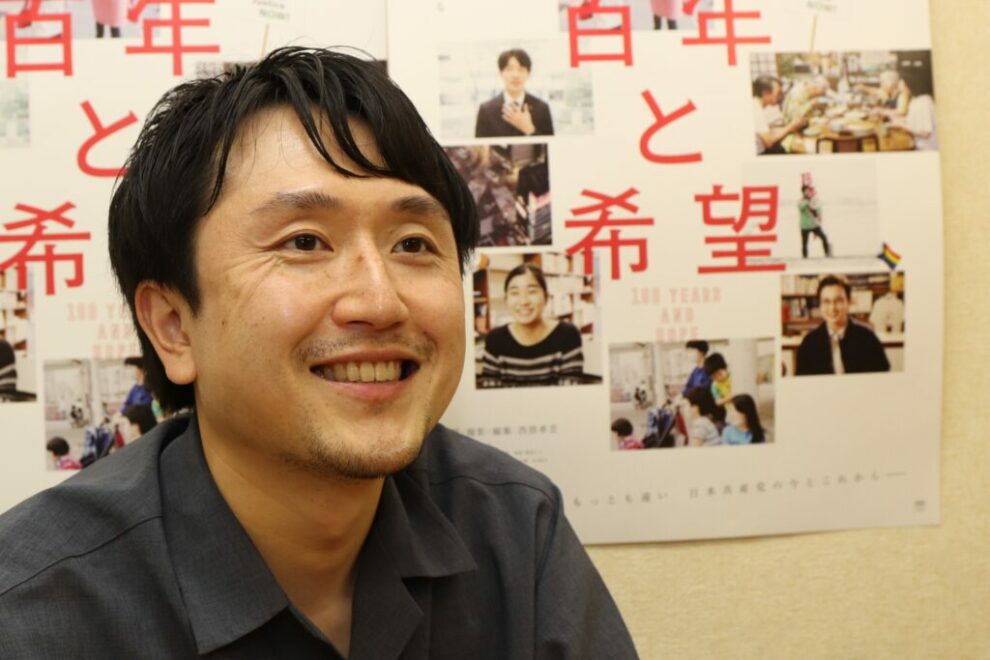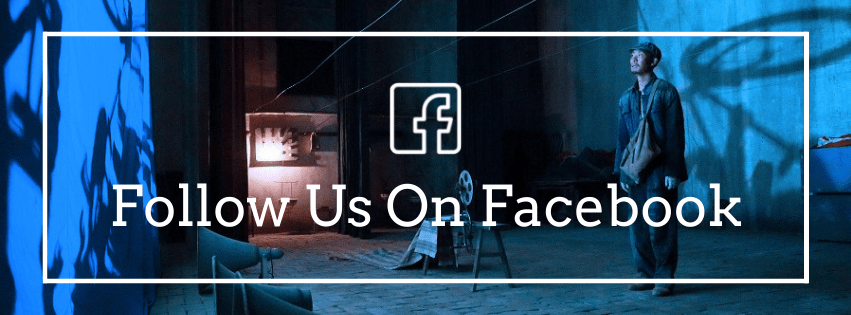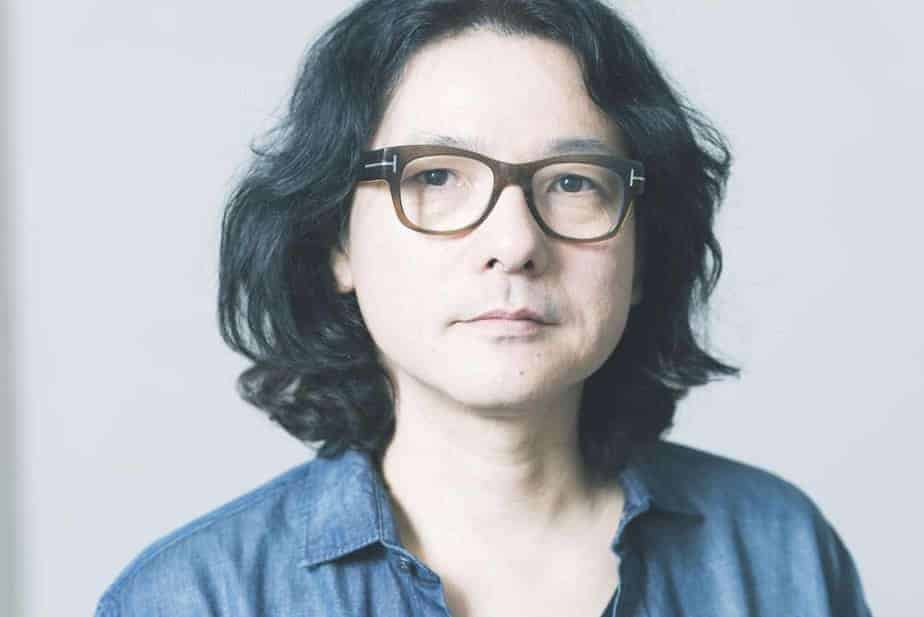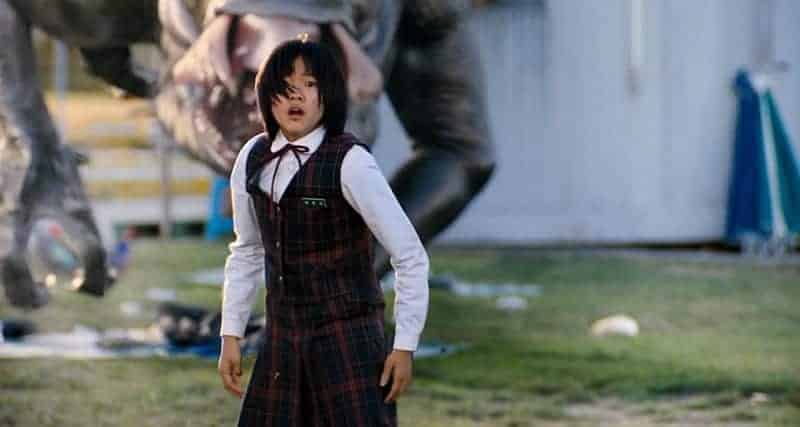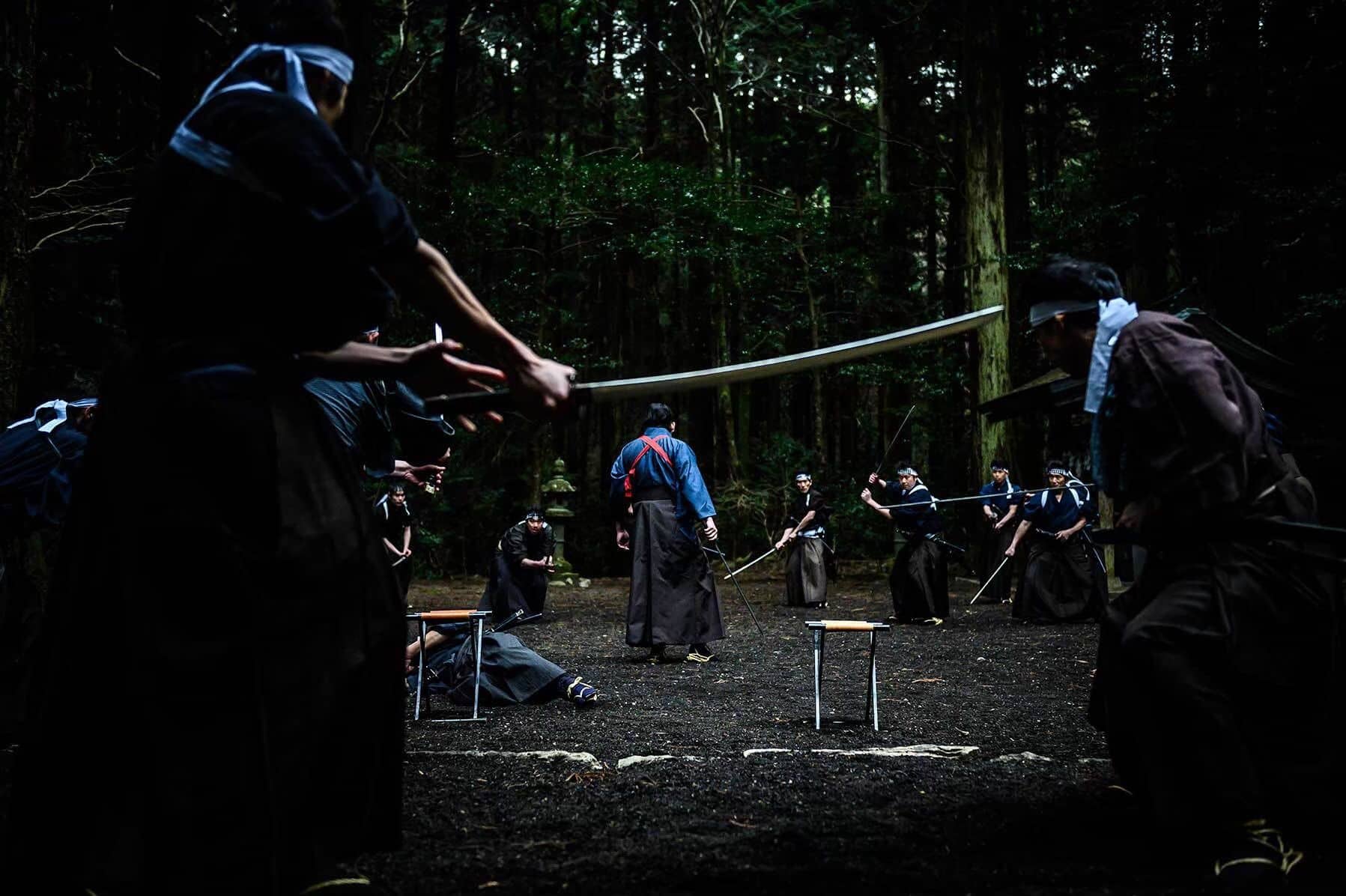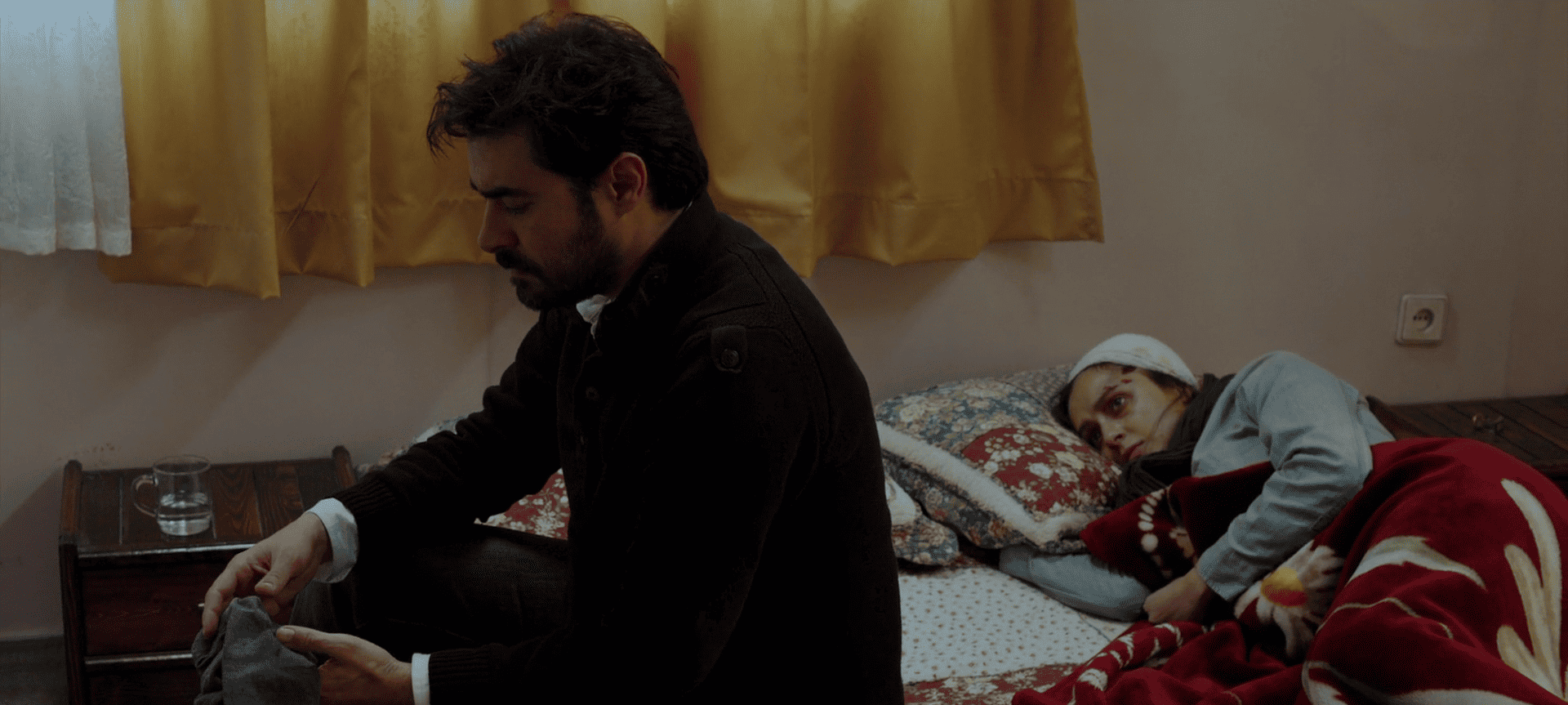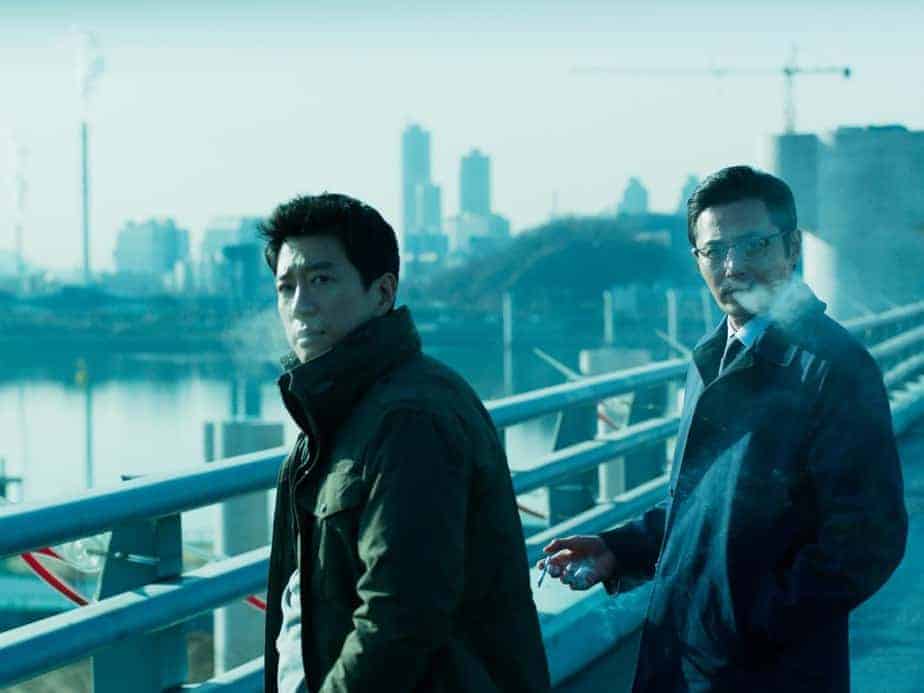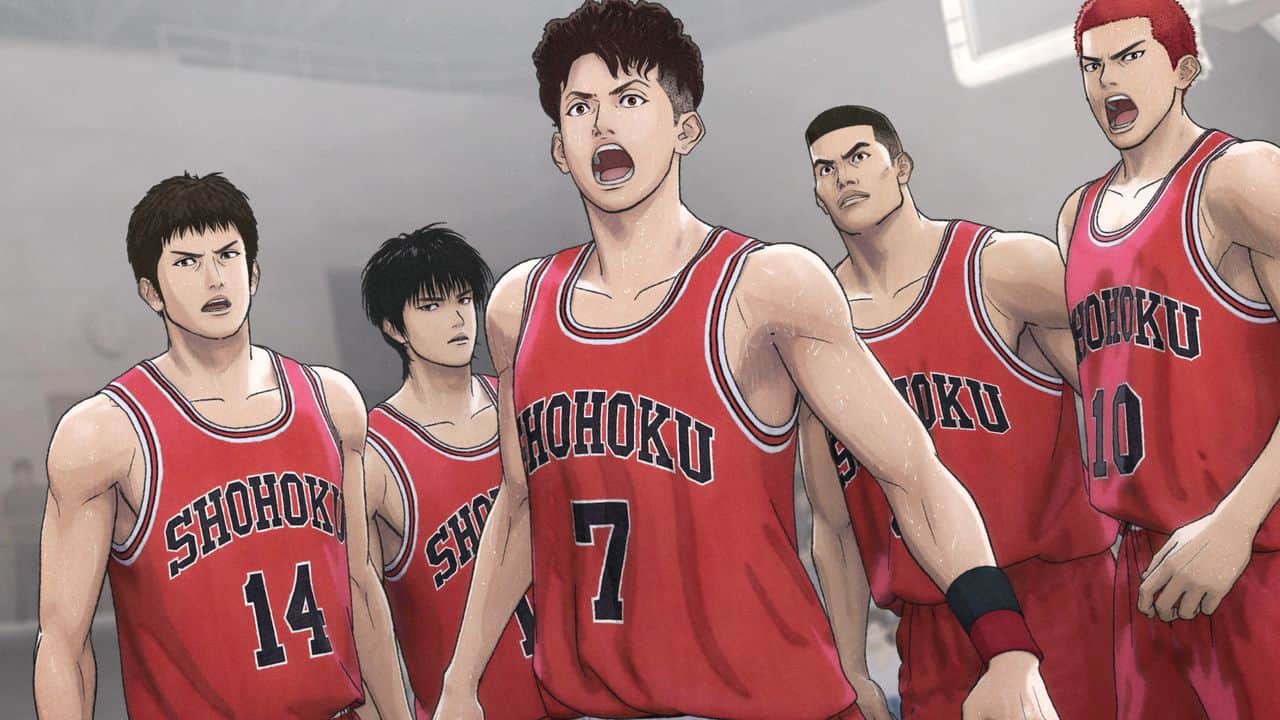Takashi Nishihara was born in Toyama Prefecture and studied at Waseda University, Graduate School of Global Information and Telecommunication Studies. His first feature film, Starting Over (2014), was screened at more than 10 international film festivals, and was nominated for the Best Picture Award at Tokyo International Film Festival. His most recent film, One Hundred Years and Hope (2022), selected for IFFR 2023, was nominated for the Asian Perspective Award at DMZ International Documentary Film Festival.
On the occasion of “One Hundred Years And Hope” screening at IFFR, we speak with him about shooting a documentary on JCP and his opinion of the Party and LDP, the reasons they fail, Japanese society and many other topics.
One Hundred Years And Hope screened at International Film Festival Rotterdam
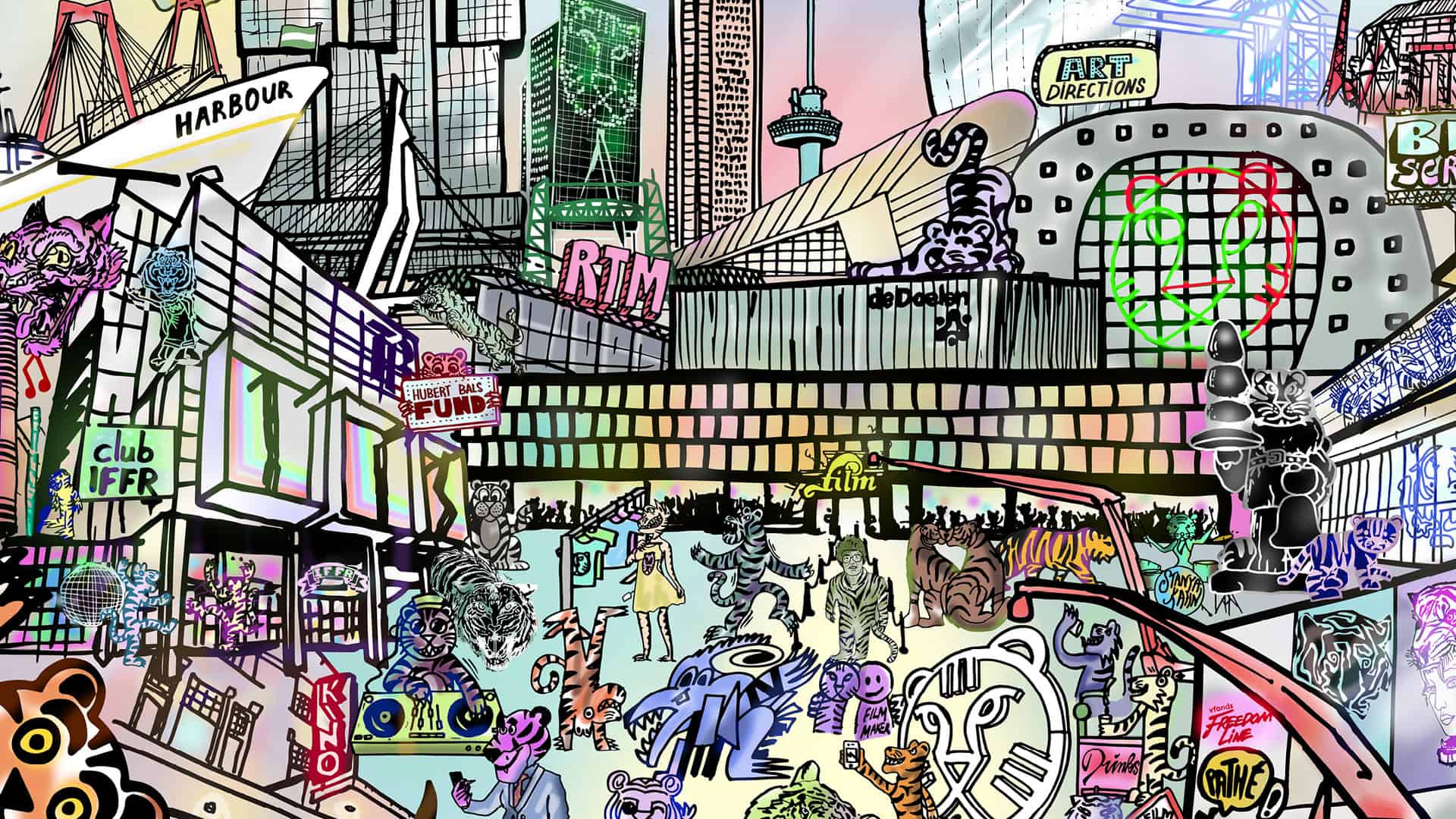
Why did you decide to make a film about the particular political party?
All begun on 2015, during a big anti-government demonstration and protest that happened in Japan at the time, and it was led by a student group called SEALDs and I made a documentary about them titled “About My Liberty” Through that, I actually got to know about the politicians within the Japanese communist party; they were talking about different human rights issues and I felt that and I also knew that there was a sort of embedded allergic reaction within the Japanese society towards the Japanese communist Party at the same time.
In learning about the JCP, I remember feeling very drawn to them but then, at the same time, knowing about this allergic reaction, I thought there was a big difference between how I felt and how the Party was perceived within society and it made me wonder why this case exist, why people feel this way towards the JCP as well as other leftist organizations. That was the first impetus behind me deciding to know more.
How do you feel about JCP?
Before I started shooting, my impression about the Party was they were saying the right things, however, perhaps related to the fact that it has a 100 years of history, I also have this impression that the Party has these old traditional values at the same time.
Once I started shooting, I understood that the Party is working towards changing Japanese society, however, and this becomes a more complicated issu,e but the JCP and the goal the Party is trying to achieve of Communism is very different from what we see in places like China or the countries of the Soviet Union. The kind of communism they are trying to achieve is something that has never been done anywhere in the world in history. I think there is only a sense within a lot of Japanese people wondering if they can trust what this Party is going for.
Is that why you think they fail, though, since so few of them manage to get elected?
To an extent, I think that is the case. I think the younger generation within Japan doesn't necessary has that much of an allergic reaction towards this image of communism, I think they are drawn to some of the things the JCP are saying, which revolve around LGBTQ and human rights issues and because of that I think there is a rise in people who are supporting the Party. However, it is not so much the case with the older generation, which I think still have this older version of Communism they see. When we look at it as a whole, they are still very much not supported.
Do you think, in the end, JCP makes a difference in society?
After all, they have very few seats within the Cabinet and what they say does not necessarily directly affect society immediately, but one big issue we can say is that since WWII ended, Japan has not participated in war and that is because it is written in the constitution. However, the LDP , the main party, has been working to change that for quite some time now. Over the last seven to eight decades, I think the JCP, as much as the leftists, have been able to stop that from actually happening and so the fact that Japan has not participated in even other foreign countries' wars I think is a big result of their work.
Why did you choose the particular members to focus on?
Because there is a hundred years of history of this party, I really had to think hard about how I am actually going to shoot this film. Ultimately speaking, I decided that I wanted to focus on politicians that were of my own generation and so I chose relatively young ones to follow. Hence, I decided to follow politicians Ikegawa and Ikeuchi but then I also decided that I wanted to follow people that weren't just politicians but also supporters around them as well as even my own friends and people who are outside of the party. By deciding on focusing on these various fragments that are related to the JCP, I was trying to build a more general opinion of the particular political Party.
Check the review of the film
There is also Tsutomu Kimura, a veteran member of the Party, who also appears on the film.
Actually, I ended up being connected to him because he is my friend's partner's grandfather so, when I was telling my friend that I was doing this project, he told me that the particular individual is a long time Party member and so I decided to just go meet him. He lives in Ibaraki prefecture, which is three hours away by car. As we started shooting and hearing him talk, he was able to tell us about the overlap between his own activities within the Party and his life but then he also started talking about the relation between the JCP and other countries, and communism around the world as well, for example China as you see in the film. That was something I felt it provided a lot for the film so I am really grateful for that.
Was it difficult gaining their trust and convincing them to follow them and shoot them?
I spoke about this earlier, but I made this film about SEALDs and a lot of JCP members actually saw the film when it was made and a lot of members knew me as the director of “About My Liberty” which helped a lot in shooting “One Hundred Years and Hope”. They learned that the particular director wanted to make a documentary about the JCP and that allowed me to get better access. My own past work helped in that, in order to get inside the JCP.
Close to the end of the film, you also focus on a JCP member in Nagasaki, who is talking publicly while it is snowing and no one else is around. How did you feel recording such an individual?
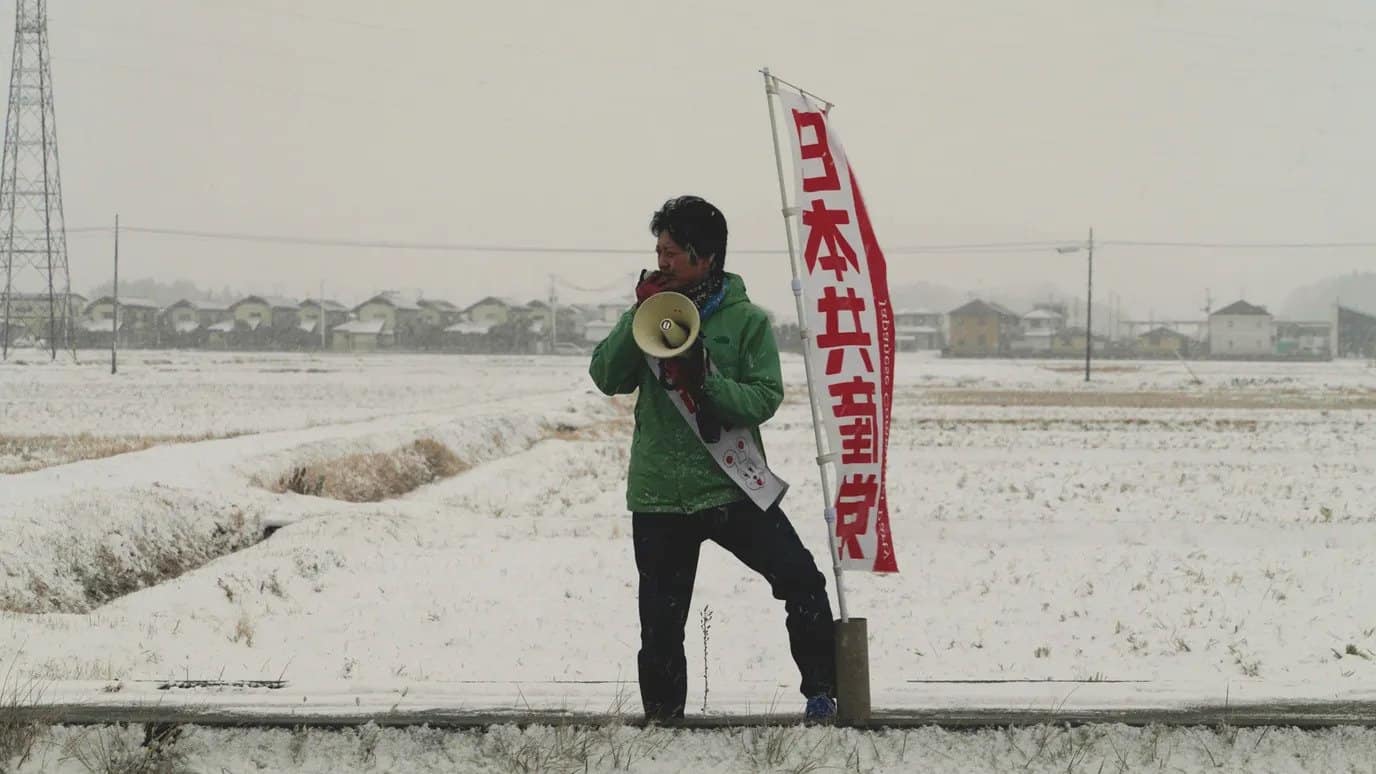
(laughter) Just as you said, when we were shooting that scene and he decided to do that speech there, I was asking myself, “Is this the place he is choosing?” because no one is going to hear what he has to say. I do think that the JCP really needs to figure out better ways to be heard. I think JCP, in a lot of ways, is bound by their own traditions which should change. You see that in the film too, but they really need to find better ways to get their thoughts out and be understood, because many times, the Party is in fact misunderstood so I hope that they can find something.
What is your opinion of the newspaper of the Party, Shinbun Akahata? Have you ever read the paper before or after?
Knowing that I was making a documentary about the JCP, I felt that it was necessary to shoot the Akahata newspaper and it is a very interesting paper. After all, because it is the Party paper, it is promoting the Party to an extent. However, because of its own values and by nature, it is actually able to be a newspaper that really speaks to power and authority and it did actually speak about different policies Abe was talking about, following up on a lot of the things that he was saying. In a way that other, “regular” newspapers don't necessarily do. A lot of them don't actually have the power to speak against higher powers and so I think the issue is that these other newspapers are not doing this kind of work, but at the same time shooting the newspaper really helped me understand just how much its people were doing. To be honest, I wasn't a subscriber to the newspaper before I went into shooting but of course, right before I went into the shoot I started subscribing and reading to prepare myself. After I shot the documentary, though, I continued and I still do read the paper.
So, after shooting this documentary, are you convinced? Will you vote for them?
(laughter) It is not so much that I want to vote for the JCP necessarily, but there are very few leftist parties within Japan, a lot of them are very weak in their power and there aren't many choices. Therefore, I think the party that is closest to my own values and thoughts happens to be the JCP so in some ways, I see them as the prospective Party I would vote for.
There is a female activist included in the film, who states that she feels that the JCP is still male oriented. Is that your opinion also?
I do agree, but I will also say that it is not an issue limited to the JCP but about society at large within Japan and it is starting to get criticized within society. However, I think Japan is not necessarily in a place where big drastic changes can really happen. For example, the way they have ranked their representative order, having two men before the women candidate, I did find that to be problematic but these are things I also want the JCP to change.
It is stated in the documentary that the number of voters decreases as years pass. Why do you think that happens?
I think it has a lot to do with the fact that the Japanese people do not believe that politics, political activism or voting can actually lead to societal change. In fact, the country has never really experienced a kind of drastic change to happen as a result of voting. Because of that, I think there is a sense of people having given up on the system of voting. I think people think that, whatever happens to politics, their life will still go on and this sense has really led to very low voter turnout. At the same time, I think especially around social media, there are more and more young people who are raising their voices and encouraging people to go out and vote and that is coming out of public opinion and therefore, I think there is a slow state of change that is happening in that chance. I want this change to keep increasing.
What is your opinion on LDP?
(laughter) I do think that, as long as this Party keeps holding on to power, I don't see Japan being able to get much better. For example, even speaking about the economy of the last 30 years, there has not been any significant wage increase, life has not gotten better, social standards have not gotten better. I think in other countries, there is enough to really see an uprising given the situation that the country is going through. And even beyond just economics, there is just human rights issues, as in the case of same sex marriage that you see in the film. All these things have not changed and it is still a very patriarchal system within Japan. I think just the fact that one Party has remained in power for so long, inevitably they become corrupted in their ways. I think it is more healthy to actually have both leftist and rightist opinions at the same time. It is healthier, you see that in the US as well. What I really want to see is for the leftist movement to have more power within this structure.
What is your opinion about the Japanese movie industry at the moment, particularly the documentary scene?
Because of digital technology there are a lot of films that are coming out of Japan, documentaries as well. I think the arthouse cinemas within Japan really care about documentaries so there are a lot of opportunities for documentaries to get screened and presented within a cinematic context. In this sense, the local documentaries are very lucky to have many opportunities. What I am about to say is often true of independent fiction films as well, but many films get made with a very very low budget. Oftentimes, that results in low sound quality; not much of the budget is really spent on the sound part. As a filmmaker, I often hear, when Japanese films go out into the world, to international film festivals, that for a lot of those films, the sound does not hold up when in a theatrical context. Since we are so lucky to have all these art house cinemas being able to present these films, as filmmakers, we have to think about improving the quality of the films we screen.
Can you give us some details regarding your future projects?
I have two projects in the works, one is a fiction project and one is a documentary project. Regarding the documentary, I want to focus on child care and caretakers, because in a lot of these centers within Japan, the people who work there receive very low wages and despite having a population issue with very few children being born in the country right now, the LDP is not trying to do anything about that. I want my film to focus on this issue.
Regarding my fiction project, I have a script that I am working on but I have not raised funding yet, so it is still a long way off until I go into production. The fiction project is about a woman journalist, I mentioned this earlier but I do think local journalism is in a state where they are not actually speaking to authority and so, I want to focus on this issue and problematize about the place of journalism today.


